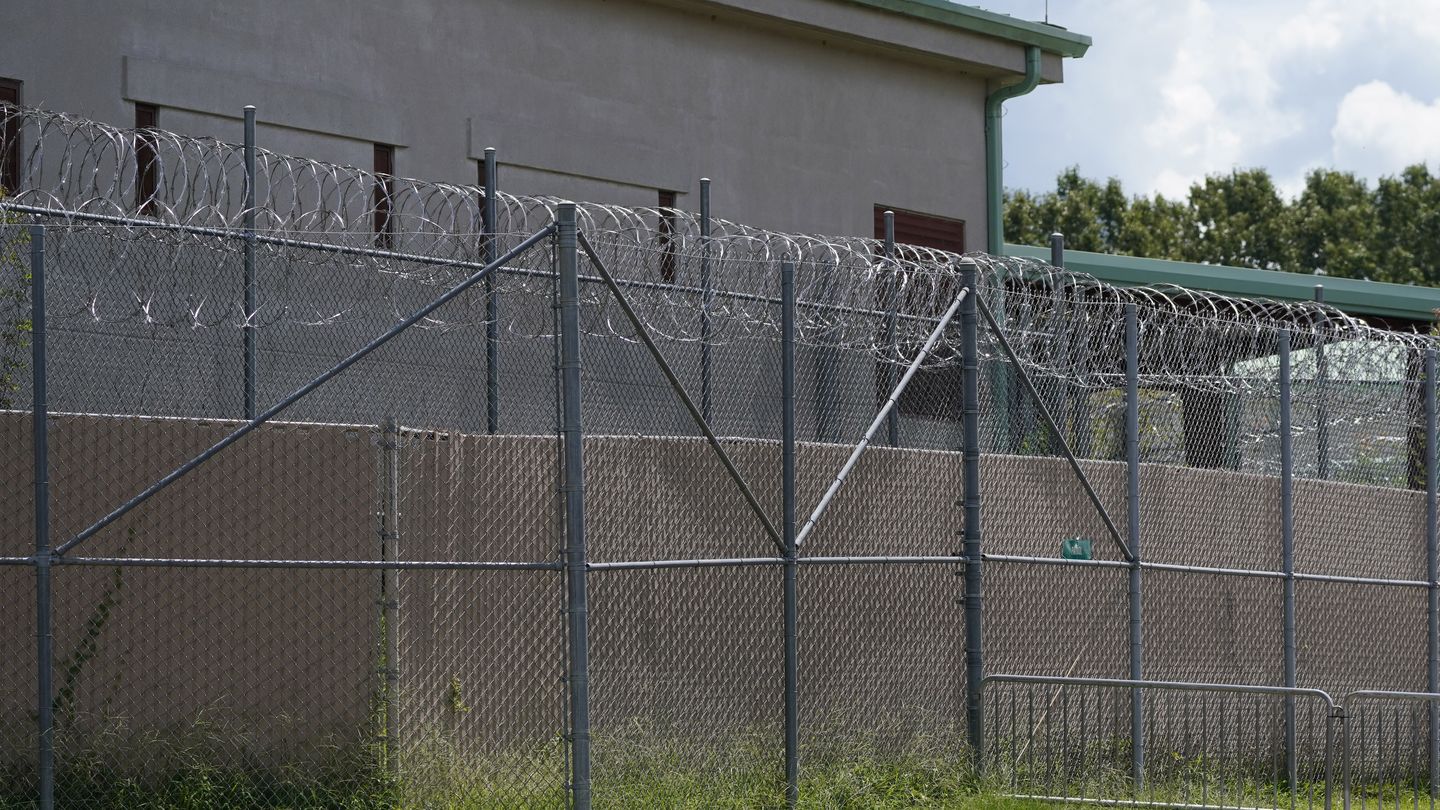The Supreme Court of the United States made a significant decision on Monday by refusing to take up a challenge out of Mississippi regarding the state’s controversial practice of stripping felons of their voting rights. This decision has sparked debate and controversy across the nation, as it raises important questions about the intersection of criminal justice and voting rights.
The case in question originated in Mississippi, where state law prohibits individuals who have been convicted of certain felonies from voting. The challengers argued that this practice is discriminatory and unconstitutional, as it disproportionately affects Black Americans and other marginalized communities. They contended that stripping felons of their voting rights perpetuates systemic racism and undermines the principles of democracy.
Despite these arguments, the Supreme Court declined to hear the case, leaving the Mississippi law intact. This decision has been met with mixed reactions from politicians, activists, and legal experts. Some view it as a missed opportunity to address systemic injustices in the criminal justice system, while others see it as a victory for states’ rights and the rule of law.
Critics of the Supreme Court’s decision argue that denying felons the right to vote perpetuates a cycle of disenfranchisement and marginalization. They point to research showing that individuals who have served their time are less likely to reoffend when they are able to reintegrate into society and participate in the democratic process. By denying them the right to vote, critics argue, the state is effectively punishing them indefinitely and denying them a voice in shaping their own future.
Furthermore, opponents of the Mississippi law argue that it has a disproportionate impact on communities of color. Black Americans are disproportionately represented in the criminal justice system, meaning that they are more likely to be disenfranchised by laws that strip felons of their voting rights. This, critics argue, perpetuates systemic racism and undermines the principle of equal representation in a democratic society.
Supporters of the Mississippi law, on the other hand, argue that it is a necessary measure to protect the integrity of the electoral process. They contend that individuals who have committed serious crimes have violated the social contract and should not be allowed to participate in shaping public policy. By denying them the right to vote, supporters argue, the state is sending a clear message that certain actions have consequences and that individuals must be held accountable for their choices.
Additionally, supporters of the Mississippi law argue that it is within the state’s rights to determine who is eligible to vote. They point to the Constitution, which grants states the authority to set the qualifications for voting. By upholding the Mississippi law, the Supreme Court is respecting the state’s right to establish its own rules regarding voting eligibility.
Overall, the Supreme Court’s decision not to hear the challenge out of Mississippi has reignited a national debate about the intersection of criminal justice and voting rights. This decision raises important questions about the role of the state in determining who is eligible to vote and the impact of disenfranchisement on marginalized communities. It remains to be seen how this decision will shape future laws and policies regarding felons’ voting rights in Mississippi and beyond.
In conclusion, the Supreme Court’s decision not to take up the challenge out of Mississippi regarding the state’s practice of stripping felons of their voting rights has sparked controversy and debate across the nation. Critics argue that denying individuals the right to vote perpetuates systemic injustices and disproportionately impacts communities of color. Supporters, on the other hand, contend that the law is necessary to protect the integrity of the electoral process and uphold the rule of law. This decision raises important questions about the intersection of criminal justice and voting rights, and it remains to be seen how it will shape future laws and policies in Mississippi and beyond.









